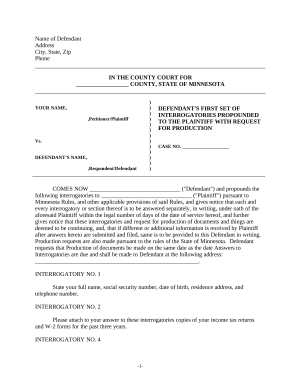
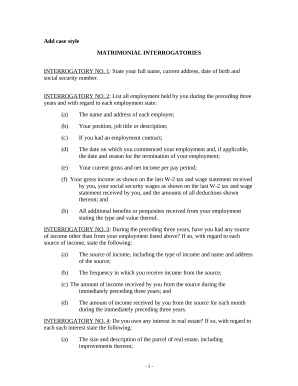
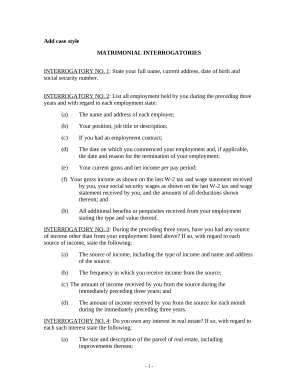
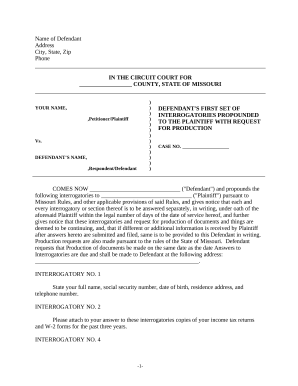
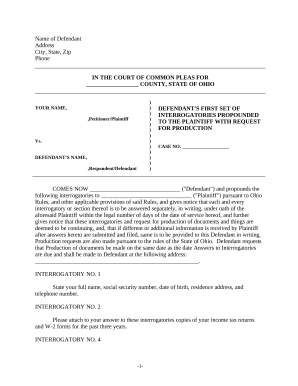
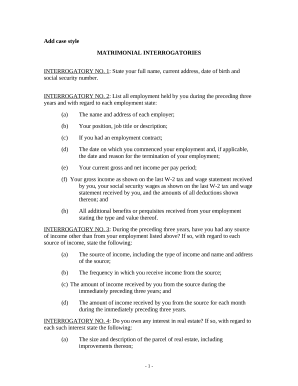
Speed up your document operations using our Defendant Discovery Interrogatories category with ready-made templates that suit your requirements. Access the document template, alter it, complete it, and share it with your contributors without breaking a sweat. Start working more effectively with the documents.
How to use our Defendant Discovery Interrogatories:
Explore all of the possibilities for your online file management using our Defendant Discovery Interrogatories. Get a free free DocHub account right now!